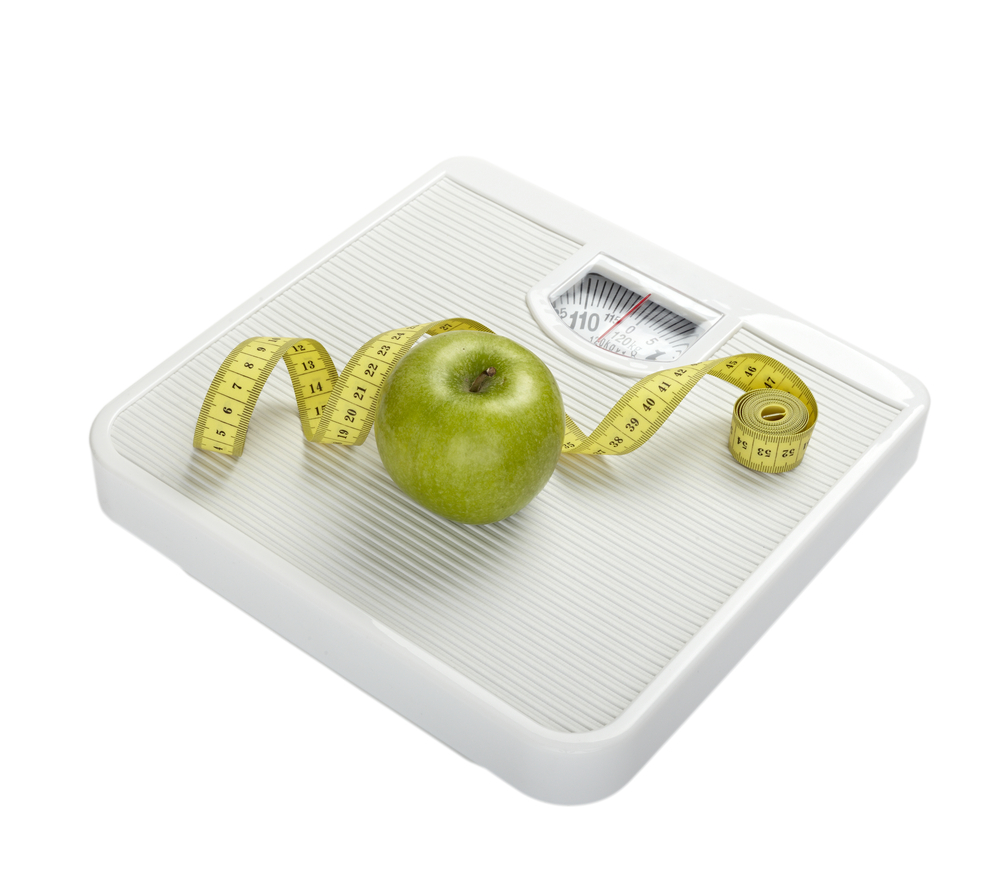Health and Wellness

- October 24 2025
- Abagail Frederick
How Tracking My Body’s Analytics Changed Everything
The Moment I Stopped Guessing
For years, I told myself I was “eating healthy.” Smoothies here, salads there, a random protein bar when I remembered, even the anti-inflammatory foods I had come to embrace, yet somehow, I felt off.
Low energy. Puffy face. Tummy bloating that came and went, and the worst part? I couldn’t tell what my body actually needed. One day after I had a crash out moment with my mentor, I decided to stop guessing and start tracking. This wasn't to diet, but to listen. That’s when everything shifted.
Why Tracking Macros Isn’t Restrictive, It’s Respectful
When I started tracking my daily intake of protein, fats, fiber, and carbs, I didn’t do it to shrink myself. I did it to understand myself. It was like learning a new language: my body’s language.
I discovered that:
-
When I hit my protein goal, I felt steady and strong.
-
When I prioritized fiber, my digestion actually worked with me, not against me.
-
When I ate balanced fats and carbs, my mood and focus stayed consistent all day.
- My body doesn't metabolize good or bad fats well, so I need to stay in a certain range of grams per day (THIS was where I had been overlooking my needs!).
The magic wasn’t in perfection. It was in pattern recognition. Tracking didn’t box me in; it set me free.
How the Renpho Scale Became One of My Favorite Forms of Feedback
I used to think scales were the enemy until I met the Renpho smart scale. Unlike a traditional scale that gives you a single, emotionally loaded number, the Renpho gives me data I can actually use.
It tracks things like:
- ~Body fat percentage
- ~Muscle mass
- ~Water weight
- ~Metabolic age
- ~Bone density
Suddenly, I could see trends instead of judging myself for daily fluctuations.
I noticed that:
-
When I ate enough protein, my lean muscle held steady.
-
When I was stressed or sleep deprived, my water retention changed.
-
When I supported my liver and hormones, my metabolic age improved.
It stopped being about the number and started being about the story the numbers told.
Why Body Analytics Are the Missing Piece in Women’s Wellness
Most women are told to “just eat clean and work out,” but that’s not enough. Your body is a complex system, not a math equation. When you track your food intake, body metrics, and energy levels, you gain the kind of awareness that brings real balance. Analytics don’t replace intuition, they enhance it. They help you connect the dots between what you eat, how you sleep, your stress levels, and even your hormonal patterns.
That’s the kind of feedback that helps you truly support your metabolism, mood, and energy, especially through pre/perimenopause and beyond.
A Relationship, Not a Regimen
Tracking isn’t about control; it’s about connection. It’s how I build a relationship with my body every day through learning what fuels her, what drains her, and what she needs to thrive. It’s how I can say, “I feel good because I understand myself.”
Ready to Tune In to Your Own Body’s Data?
If you’ve been feeling stuck or like your efforts aren’t paying off, try this:
-
Start tracking your protein, fiber, and fats daily. (Ask me how I do this easily!)
-
Use a Renpho scale or similar tool to see your trends over time.
-
Watch what happens when you finally start listening.
Because when you track with love instead of judgment, your body finally feels safe enough to respond.
Some of the links in this post are affiliate links, which means I may earn a small commission if you choose to make a purchase through them at no extra cost to you. I only share products I personally use, love, and truly believe can support your wellness journey.

Leave Your Comment